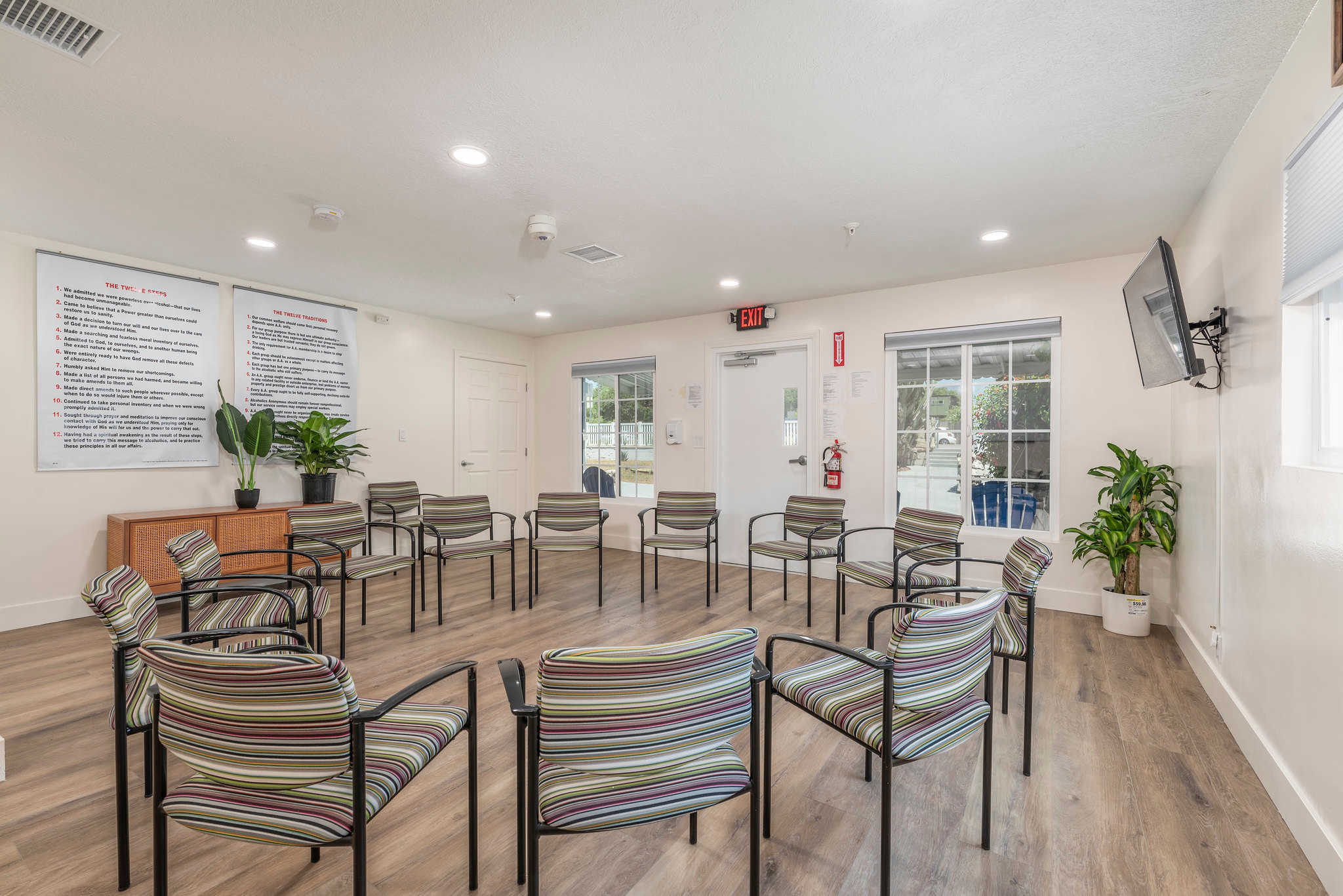What Is Obsessive Compulsive Disorder (OCD)?
While you may have heard the term "OCD" used to describe a penchant for perfectionism, obsession with order, or episodes of intense organization, obsessive-compulsive disorder is in fact a serious mental illness with debilitating consequences for many individuals and should not be treated lightly. Millions of people suffer from the complex symptoms associated with OCD, many of whom are undiagnosed. It is important to understand what OCD is and how it may present itself through various symptoms.
By becoming educated about this condition, you will be able to better recognize it if you or your loved one starts to exhibit symptoms. You will also have greater compassion for those that suffer from it and be able to motivate treatment for others if necessary.
What Is OCD?
Obsessive-compulsive disorder is a mental health condition that causes a person to experience intense, uncontrollable, repetitive thoughts and behaviors. People who experience OCD feel uncontrollable urges that they must act upon, even when they realize their thoughts or actions are irrational.
OCD is an anxiety disorder, characterized by unwanted thoughts and/or behaviors. Repetitive thoughts are considered obsessions while repetitive behaviors are considered compulsions. Whereas general anxiety does not necessarily entail compulsive actions, a person suffering from OCD will have uncontrollable urges to act on their obsessive thoughts.
OCD occurs deeply in the brain, causing the brain to become obsessed or overly fixated on certain ideas and urges that disrupt daily functioning. The effects of OCD interfere with nearly all aspects of a person's life, which can be problematic without proper treatment.
Signs and Symptoms of OCD
There are two main categories of symptoms that are evident in individuals that have OCD: obsessions and compulsions. Each person experiences obsessions and compulsions differently, making their symptoms unique to them.
Obsessions are repeated thoughts, urges, or mental distress that typically cause feelings of anxiety. Common obsessions include:
Fear of contamination, most commonly being germs
Unwanted, forbidden, or taboo thoughts regarding sex, religion, or harm
Aggressive thoughts towards others
Obsessive organization or needing things to be in a perfect order
Compulsions are repeated behaviors that are followed by obsessive thoughts. With OCD, obsessive thoughts urge certain responses that are reinforced over time. Common compulsions include:
Excessive hand washing or cleaning
Constantly arranging things in a certain or precise way
Acting on intrusive thoughts repeatedly, such as checking to see if items are turned off, unplugged, or locked
Engaging in rituals that are designed to ward off contact with superstitious things
Hoarding collections of items in abnormally large numbers
It is important to recognize that not all habits, rituals, or repeated behaviors are considered compulsions. For example, it is normal to have collections of items or double-check to ensure that the oven is off. There is a framework that can help you to identify whether or not repeated behaviors are compulsions. Consider the following:
Level of self-control: For example, a person with OCD is unable to control their thoughts or behaviors even when they realize they are irrational or excessive.
Experience of relief following the behavior: For example, a person with OCD will likely feel relief from anxiety after they engage in their behavior.
Level of daily functioning: For example, a person with OCD will several hours a day with obsessive thoughts or performing rituals, experiencing significant disruption in their daily life.
How to Cope With OCD
There are many treatments and coping mechanisms readily available for use for those that suffer from the debilitating effects of OCD. Because OCD is an anxiety disorder, one of the most effective ways to treat symptoms would be through the use of anxiety management techniques.
There are several different types of anxiety management techniques available, such as yoga, breathing techniques, mindfulness meditation, and other forms of relaxation. These techniques are most effective when they are paired with regular psychotherapy sessions, although for some people they can provide quick relief in minutes.
Some self-help tips for navigating obsessions and compulsions include:
Learning to refocus your attention, such as focusing on your breath
Writing down thoughts and worries to acknowledge how frequently they occur
Anticipating compulsions before they occur
Prioritizing self-care
There are many therapeutic interventions available to help cope with distress, such as cognitive-behavioral therapy. Cognitive-behavioral therapy is psychotherapy that works to alter intrusive patterns of thought and behaviors. Cognitive-behavioral therapy focuses on promoting self-control over seemingly distressing emotions and behaviors.
There are also medications available to help reduce OCD symptoms. Antidepressant medication can help aid in relaxation and promote calmness. It is important to follow the guidance of a psychiatrist regarding your prescriptions and understand that it can take weeks for a medication to start to work properly.
Obsessive-compulsive disorder is an anxiety disorder that causes an individual to experience recurrent, unwanted thoughts that urge repetitive behavior. The recurrent thoughts are called obsessions, while the repetitive behaviors are called compulsions. It is important to learn about the symptoms of obsessive compulsive disorder and treatment options to understand when behavior becomes abnormal. Coping with OCD can be difficult, but the most important thing to consider is prioritizing self-care. There are many relaxation techniques to help aid in reducing anxiety along with treatment options available to help challenge intrusive thought patterns.
Find Specialized Treatment for OCD and Anxiety Disorders
Obsessive-compulsive disorder requires specialized treatment that addresses both obsessions and compulsions through evidence-based approaches. Use our comprehensive treatment directory to find qualified mental health providers who specialize in OCD treatment and understand the complex nature of this anxiety disorder. Our directory connects you with professionals experienced in cognitive-behavioral therapy, exposure and response prevention (ERP), mindfulness-based approaches, and other therapeutic interventions designed to help you develop self-control over distressing thoughts and behaviors while improving your overall quality of life.
Locate Treatment Centers Near You
Enter your location to discover facilities offering the care and support you need in your area.


